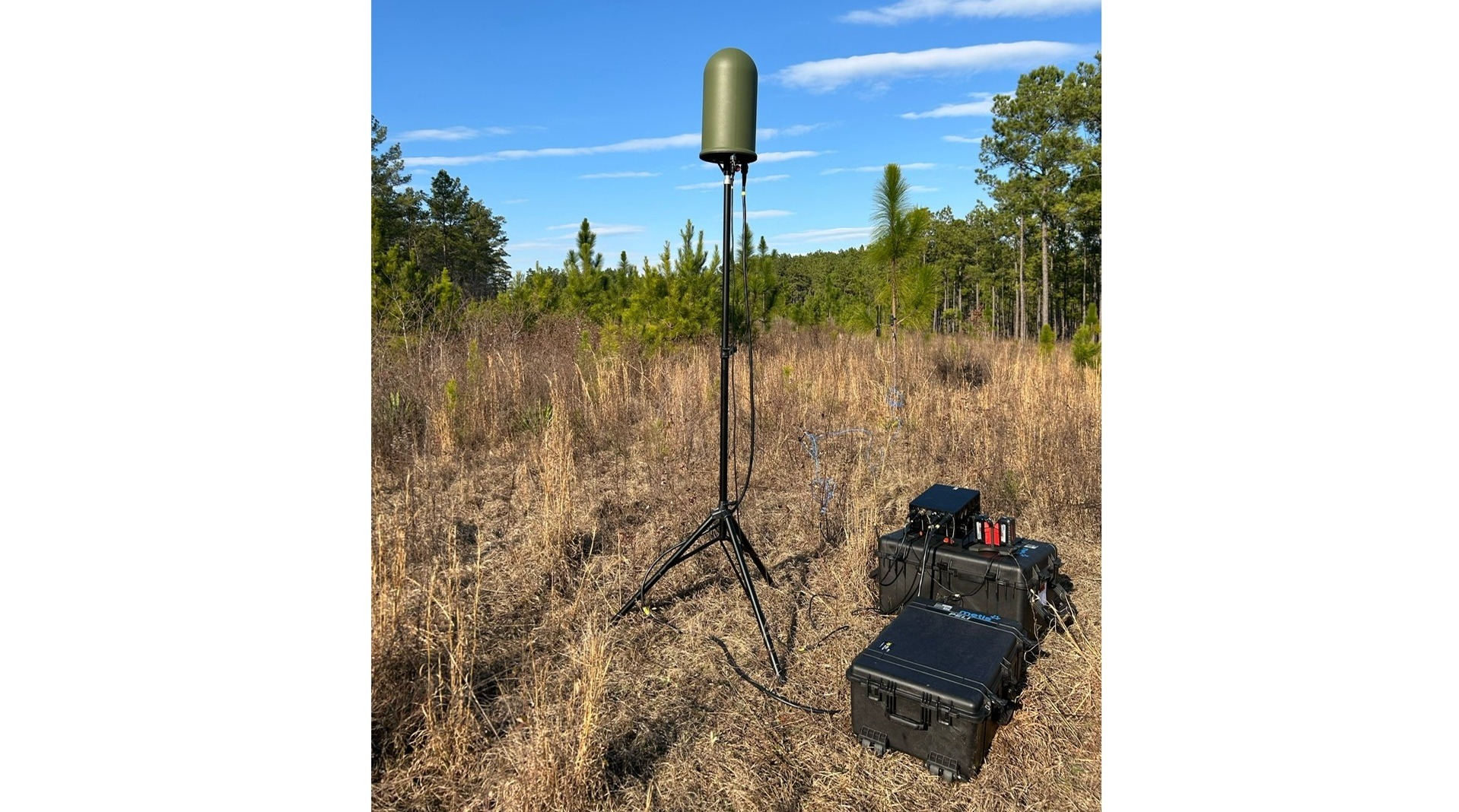Dstl celebrates 20 remarkable years
The last two decades have seen some incredible accomplishments and discoveries and placed Dstl at the heart of the most critical incidents facing the UK.
Among them the response to the Salisbury nerve agent attack and the cross-government action to combat the coronavirus pandemic.
Dstl Interim Chief Executive, Doug Umbers, said: "It’s an enormous privilege to be at the helm of an organisation which has helped protect the UK people and continues to shape defence and security through our ideas, innovation and expertise. Science and technology will drive the way we live and work, and the next 20 years promises to hit even greater heights.
Defence Minister Jeremy Quin said: "For the last 20 years, Dstl scientists have paved the way in providing research and expertise to the benefit of defence and wider UK national security.
"Often behind the scenes, Dstl’s vital work has created world-leading innovations ensuring we stay ahead of a myriad of emerging threats. I congratulate the whole team for everything they have achieved over the last two decades."
Chief Scientific Adviser for the Ministry of Defence, Professor Dame Angela McLean said: "Being a proven defence asset, Dstl has shown how it can serve the nation by developing vital advanced and technological capabilities for defence and security. I have been privileged in recent times to witness the incredible scientific work done by Dstl.
"I send my congratulations to all at Dstl, past and present, who have worked so brilliantly over the last 20 years to cement its place at the forefront of innovation."

Image courtesy Dstl
Dstl has been integral to the success of the biggest defence projects such as:
the Queen Elizabeth Class aircraft carriers and their F-35 Lightning jets
the Foxhound armoured vehicle
the Boxer, the Army’s future fighting vehicle
Plus support to the criminal justice system through crucial evidence in high profile terrorist cases including the atrocities of the Manchester bombing.
More than 4,500 scientists and key staff employed at Dstl are now tackling tomorrow’s challenges and the design of next generation systems such as autonomous vehicles on land, sea and in the air with artificial intelligence (AI), enabling platforms to manoeuvre and communicate more efficiently and effectively. Data and digital experts are using their skills to help keep the UK people safe from online and cyber threats through vital support to the National Cyber Force (NCF).
Dstl’s research in space will enable the UK to monitor, direct and protect UK interests through increasing space domain awareness and the establishment of UK-built Intelligence, Surveillance and Reconnaissance satellite constellation and a supporting digital backbone. Dstl will use AI and data analytics to scan the horizon for transformative technologies that can be applied to defence projects.
Much of this work is done in collaboration and partnering with academia, small and medium-sized enterprises (SMEs) and prime contractors, both in the UK and with our international allies, to harness innovation and expertise through research partnerships. This work will help the UK meet its ambition of being a science superpower and will see Dstl spend an additional £1 billion on external research over the next 4 years.
Formed in 2001 when the Ministry of Defence (MOD) split the Defence Evaluation and Research Agency (DERA) to create commercial company QinetiQ and Dstl, the organisation’s origins can be traced as far back as 1664.













